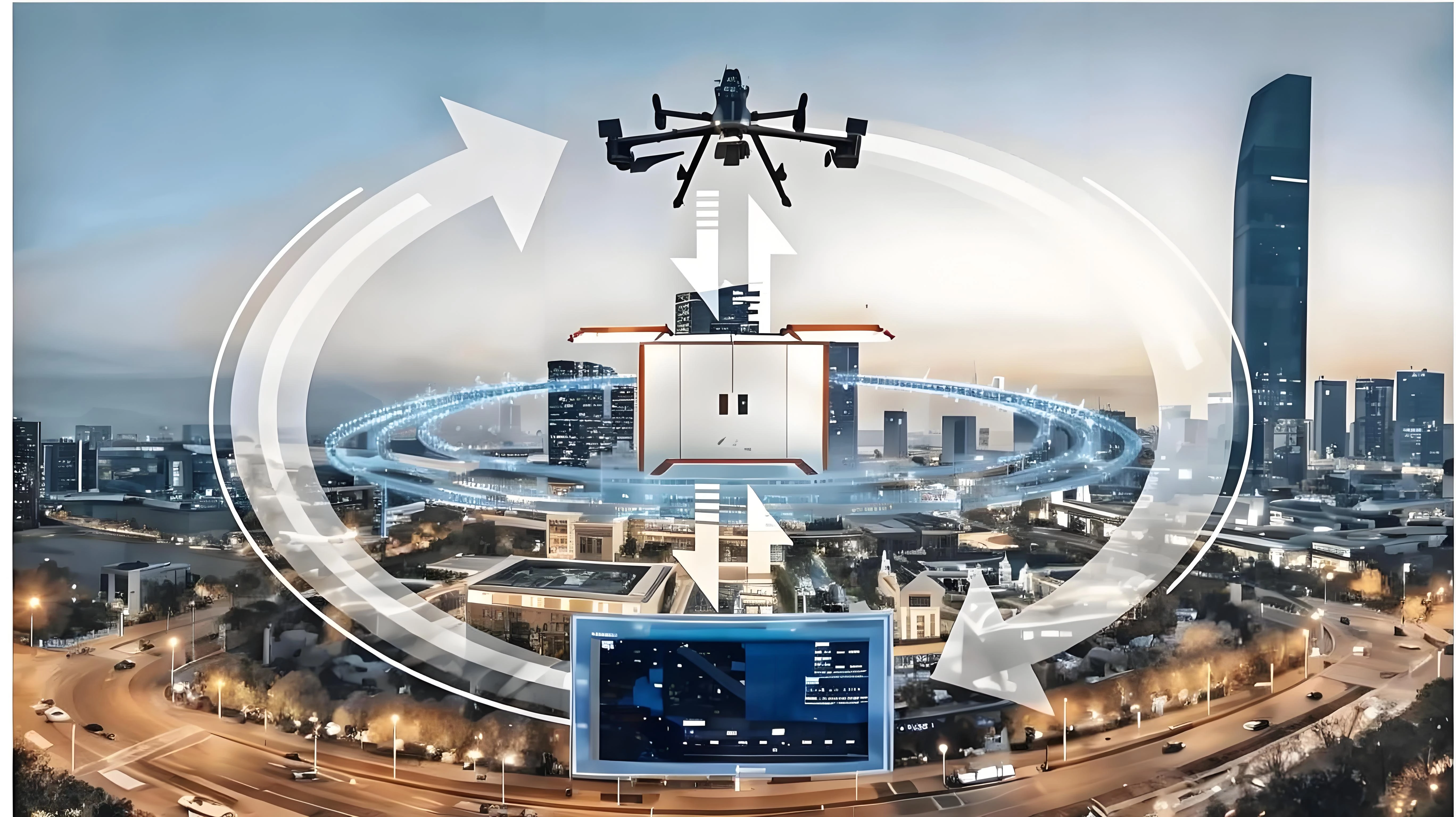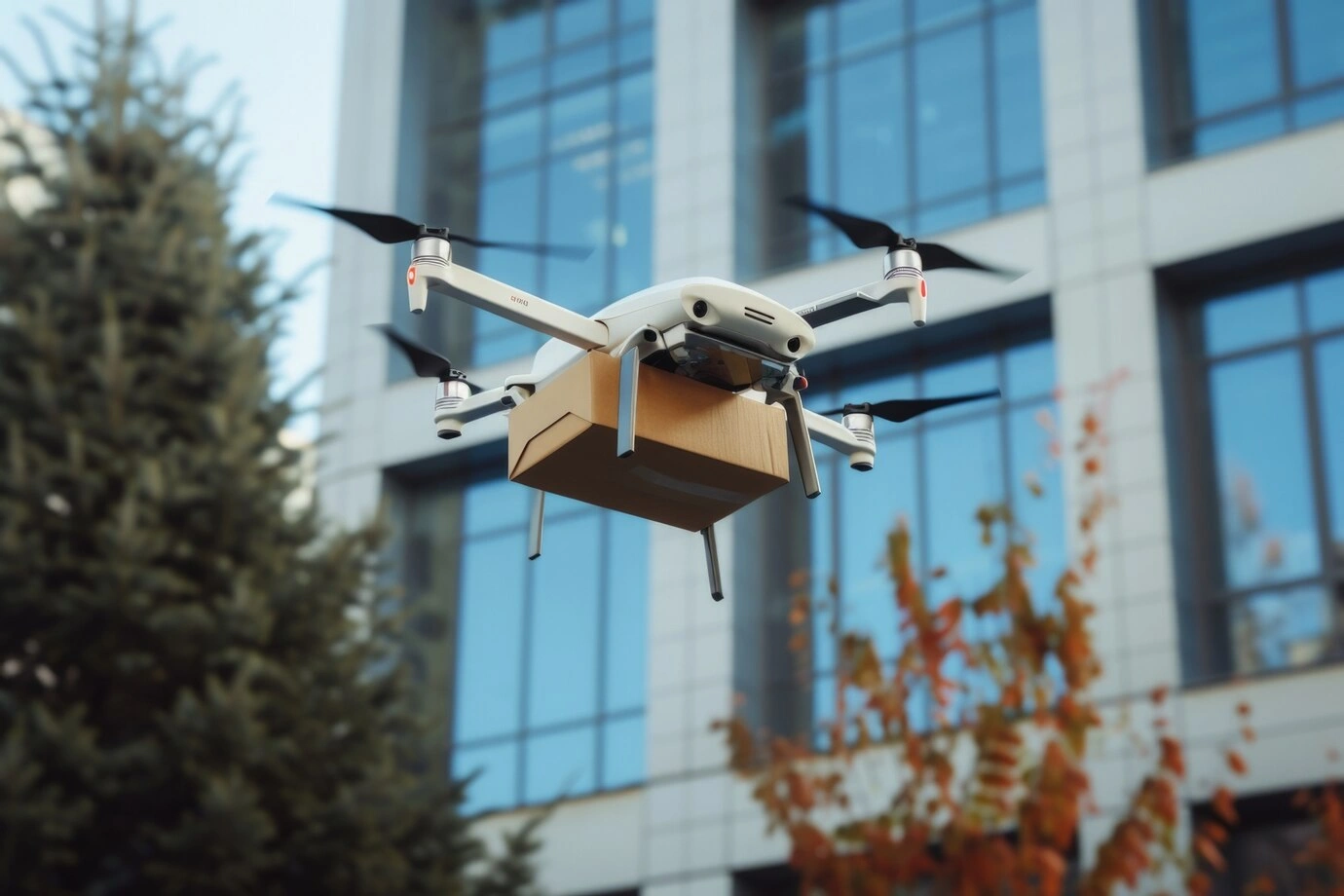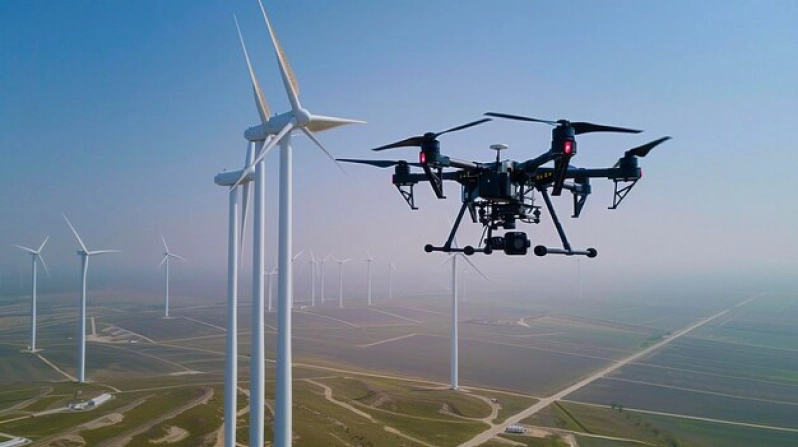In the realm of film and television production, numerous elements come together to tell a story that captivates the audience. Among these, production design holds a pivotal role, often operating behind the scenes yet fundamentally shaping the viewer’s experience. But what exactly is production design, and why is it so crucial to the art of visual storytelling?
The Essence of Production Design
Production design refers to the visual conception and creation of a film, television show, or theatre production’s environment. It encompasses everything that appears on screen – from the locations and sets to the props, lighting, and costumes. This art is spearheaded by the production designer, who collaborates closely with the director and cinematographer to develop a visual style that supports the narrative.
The Role of a Production Designer
The production designer’s job begins in the early stages of pre-production, where they interpret the script to create a visual world that feels authentic to the story. They are responsible for every visual aspect of a production, designing and overseeing the creation of physical and digital environments that characters inhabit. Through sketches, 3D models, and mood boards, they communicate the envisioned world to directors, set constructors, decorators, costume designers, and other departments.
How Production Design Influences Storytelling
Setting the Scene
One of the primary functions of production design is to establish the time and place where the story unfolds. Whether it’s a historical drama set in Victorian England or a futuristic adventure in outer space, production design helps immerse viewers in the narrative by creating believable spaces that reflect the script’s requirements.
Mood and Atmosphere
Beyond setting the scene, production design significantly affects the mood and atmosphere of a story. Through the strategic use of colors, textures, and lighting, production designers can evoke specific emotions, subtly guiding the audience’s feelings as the plot progresses. A well-designed set can amplify suspense, romance, or dread, enhancing the emotional impact of key scenes.
Character Development
Interestingly, production design also contributes to character development. The environments in which characters live and work provide insight into their personalities, backgrounds, and circumstances. From a cluttered detective’s office that hints at a chaotic mind to an immaculate home that conceals dark secrets, production design offers visual clues that enrich storytelling.
Symbolism and Themes
Skilled production designers infuse their work with symbols and motifs that reinforce the story’s themes. By carefully selecting objects, architecture, and landscapes that resonate with the narrative’s deeper meanings, they add layers of depth that invite viewers to engage more profoundly with the material.
Challenges in Production Design
Despite its significance, production design faces challenges, such as budget constraints and the increasing reliance on CGI. Balancing creative ambitions with financial realities requires ingenuity and adaptability. Meanwhile, the transition towards digital environments offers new tools but also demands that designers maintain the tactile authenticity that physical sets provide.
The Unsung Heroes of Film and Television
Though often underappreciated by the wider audience, production design is an integral component of filmmaking and television production. It’s a complex field that combines artistry, architecture, and storytelling, requiring a broad skill set and a deep understanding of visual language.
Conclusion
Production design is much more than mere backdrop creation; it’s a critical narrative tool that shapes the world of a story and influences how audiences perceive and feel about what they see on screen. It requires a delicate balance of artistic vision, practical skills, and collaboration. The next time you watch a film or TV show, take a moment to appreciate the work that went into constructing the environments – the unsung hero that is production design.




